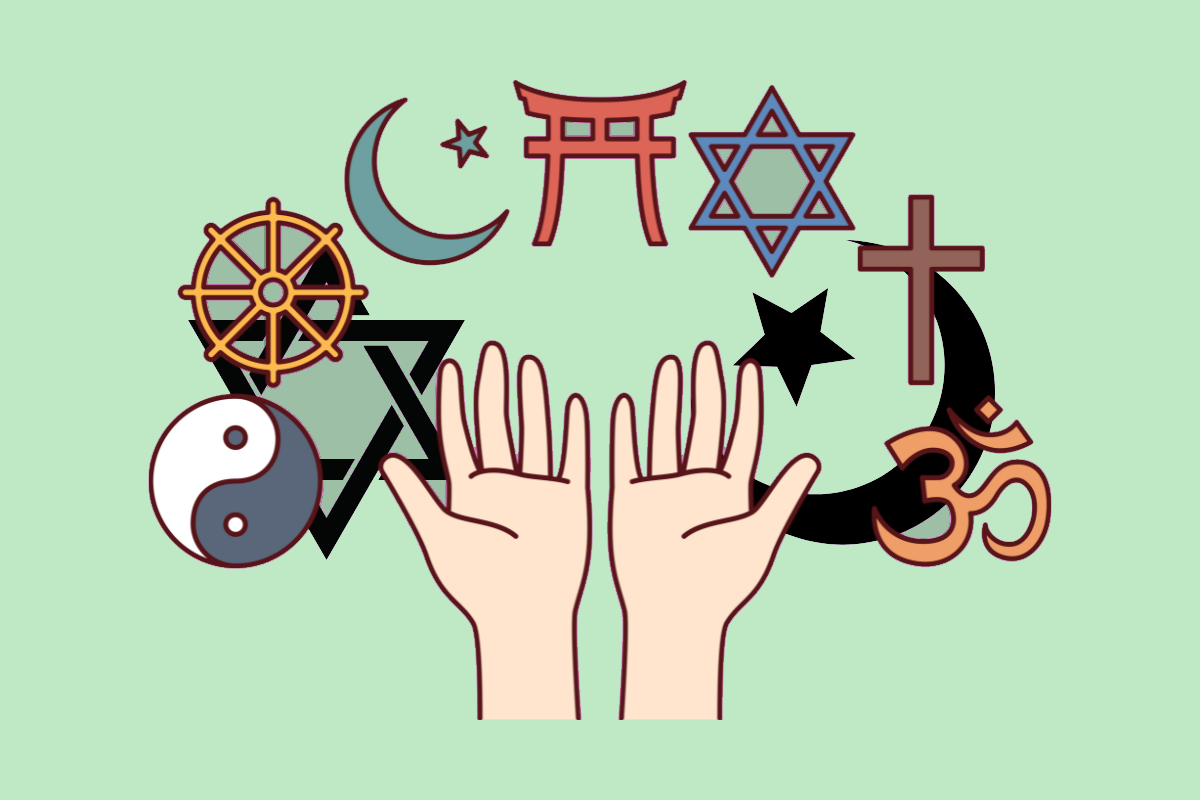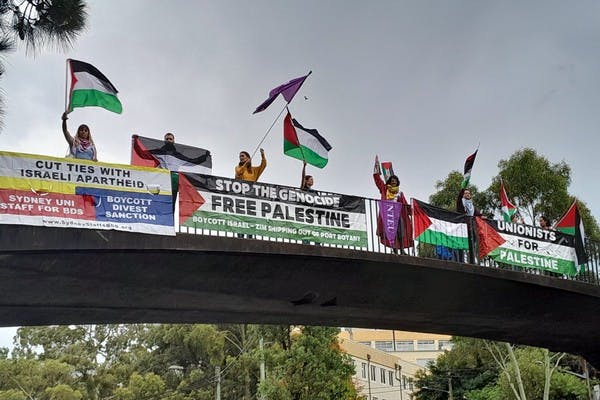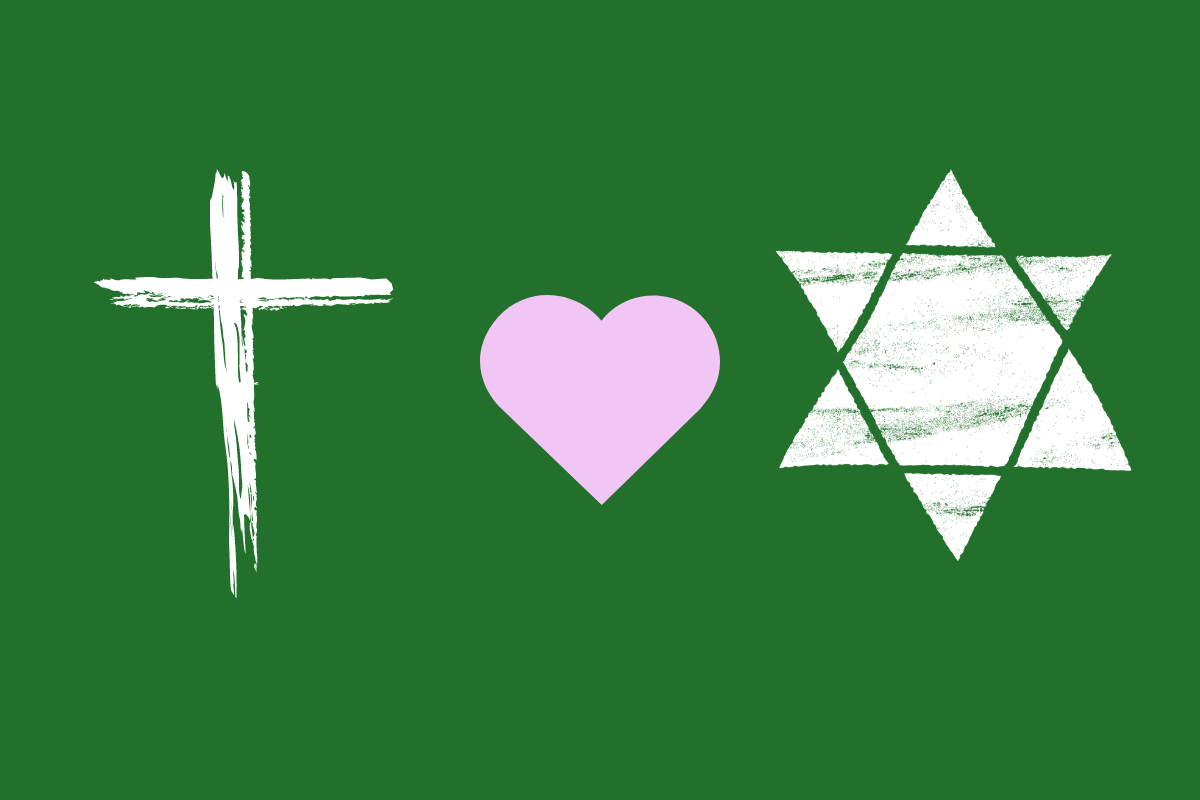Published: 11 December 2023
Last updated: 5 March 2024
The newly-arrived Venezuelan family will be supported by a group of Jewish volunteers through Stand Up’s refugee initiative, Project Eden.
The first refugee family to be sponsored by the Australian Jewish community through Project Eden has arrived in Melbourne, following nine months of planning and preparation.
The community initiative, run by social justice organisation Stand Up through a federal government program, supports new arrivals who have been identified by the United Nations as needing urgent resettlement.
The refugee family – who fled Venezuela and have little English – expressed their gratitude for their sponsors in a message delivered via Google Translate. They waited for more than four years before their refugee status was approved by the UNHCR.
“Sometimes it’s not the money, but it’s the human warmth that we have received from you, which has been the most important thing, since we haven’t experienced that for a long time,” the message said.
Ric Benjamin, one of the volunteers involved in the family’s sponsorship, told The Jewish Independent that his experience of supporting refugees has been “profound”.
“For many people, and I'm in this category, most of what we do as volunteers or to engage in charity is give money. It’s the easiest, it's time efficient and it's effective, because money is needed.
“There are very few opportunities where you can spend time as a volunteer one on one. Being part of a community settlement program is intense, it is profound, and the sense that we can help build lives and have that human contact is wonderful.”
Sponsoring a refugee through Project Eden includes strict criteria: a minimum of five adults from three different households must form a group and undergo in-depth interviews, training and checks to confirm their suitability. If approved, they must raise enough money to support the new arrivals for four to six weeks until the migrants can secure Centrelink payments, and then a job. Sponsors are expected to be available for a year to provide ongoing support.
"It’s this unbelievable perspective that you get on life. It makes you remember what’s important and what’s not.”
Rebekah Barson, Project Eden volunteer
Benjamin says his group, who are all friends and work in like-minded fields from family therapy to education, have complementary skills and access to resources. In the week since the family’s arrival, they have organised English tutoring, dentist appointments, three months of accommodation, and transport. In the long-term, Benjamin foresees these responsibilities becoming less hands-on, as the family gains more independence.
“They escaped Venezuela and were asylum seekers in Peru, which was not welcoming to them and where people took advantage of them. They have a lot of work they need to do on themselves to regain confidence and we're there to help them every step of the way,” he said.
“We're constantly in check with each other and that's been a healthy process. We make sure that there's at least two or three of us around at any one time. There's a lot of planning and a lot of thinking that's going on completely outside of our engagement with the family.”
Rebekah Barson, a mental health social worker who volunteers alongside Benjamin, was prompted to become involved because of her mother’s family’s experience as Jewish refugees from Poland.
“I’m a first generation Australian with that luck and that luxury, and I have a connection with the refugee experience. The Jewish community is such an unbelievable community and resource, so it [becomes] about how we use this resource to help other people,” she said.
“It is also very selfish to be involved. It’s this unbelievable perspective that you get on life. It makes you remember what’s important and what’s not.”
Stand Up’s Refugee Partnerships Coordinator, Gali Brooks, says two additional groups are in the process of setting up refugee sponsorships through Project Eden and there are more volunteers waiting to join.
“The more groups we form, the more refugees we are actively bringing into the country. It’s incredibly empowering. It’s second to none as far as volunteering is concerned: they get to see those people – who would otherwise be in a refugee camp or in hiding even – all the way through to full independence,” she said.
Brooks points to the federal government's considered approach in placing refugees with sponsors, helping the Jewish community to navigate any challenges or concerns posed by the current climate.
"They carefully align [volunteer] groups with new arrivals based on transparency, shared interests and backgrounds. This intentional matching process aims to consider various perspectives, including religious and other points of view within different groups, promoting a harmonious resettlement experience," she concluded.
Learn more about Project Eden and register your interest here.




